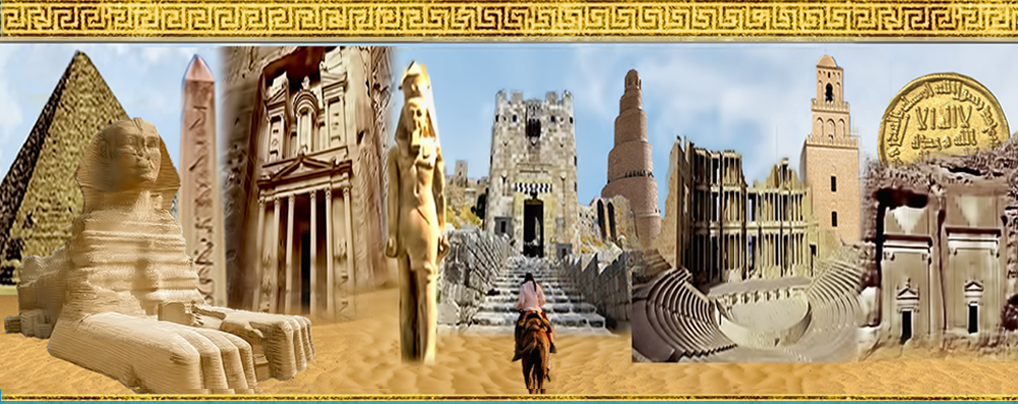Journal of the General Union of Arab Archaeologists

Abstract
[Ar]
الطراز التقليدي لملابس النساء فى أوزبكستان خلال القرنين 13 – 14 هـ / 19 – 20 م
تعتبر الملابس التقليدية الأوزبكية سمة من أهم السمات الرئيسية التى نستطيع من خلالها معرفة التراث الفنى الأوزبكى والتقاليد فى الملبس ومكوناته، حيث يتناول البحث مجموعة من ملابس النساء بأوزبكستان والتى تتميز بالثراء الزخرفي والتنوع الكبير فى مكوناتها ومسمياتها واختلافها من مدينة إلى أخرى بالمنطقة، حيث تحدد ملابس النساء وتفاصيلها حسب الأعمار من سيدات كبار السن وفتيات متزوجات وغير متزوجات وكذلك حسب الوضع الإجتماعي، كما تصنف الملابس حسب المناسبة دينية، اجتماعية، احتفالية، ملابس يومية، ومن خلال الورقة البحثية نجد أن أغلب الملابس التقليدية كانت تنسج من أقمشة موجودة بالمنطقة والتى منها أدراس، بيكاسام، أطلس وغيرها، والمعروفة أيضا فى جميع أنحاء المشرق الإسلامى، وقد وقع اختيارى على دراسة الطراز التقليدى لملابس النساء فى أوزبكستان خلال القرنين 13-14هـ / 19 -20م لعدة أسباب منها: معرفة مسميات الملابس ومكوناتها واختلافاتها، قلة الدراسات الأجنبية التى تناولت ملابس النساء فى المنطقة، وكذلك محاولة منا لمعرفة خصائص الإقليم فى الألوان وطريقة ارتداء الأزياء المختلفة.
[EN] Uzbek traditional clothing is one of the main features through which we can learn about the Uzbek artistic heritage and traditions. This research deals with a group of women's clothing in Uzbekistan, which is characterized by decorative richness and great diversity in its components and names, and its difference from one city to another in the region. Notably, women's clothing and details are determined according to their ages of elderly women, married and unmarried girls, as well as according to their social status. Clothes are also classified according to religious, social, festive, and daily wear. Through the research paper, it is illustrated that most of the traditional clothes were woven from fabrics found in the region, including Adras, Bekasam, Atlas and others, which are also known throughout the Islamic East. The study of the traditional style of women’s clothing in Uzbekistan during the 13th-14th AH/19th - 20th AD centuries was chosen for several reasons, including: knowing the names of clothes, their components and their differences; the lack of foreign studies that dealt with women’s clothing in the region; as well as trying to know the characteristics of the region in colors and the way of wearing different costumes.
Recommended Citation
Gamil, Noha
(2022)
"THE TRADITIONAL STYLE OF WOMEN'S CLOTHING IN UZBEKISTAN DURING THE 13TH-14TH AH / 19TH-20TH AD CENTURIES,"
Journal of the General Union of Arab Archaeologists: Vol. 7:
Iss.
1, Article 10.
Available at:
https://digitalcommons.aaru.edu.jo/jguaa/vol7/iss1/10

